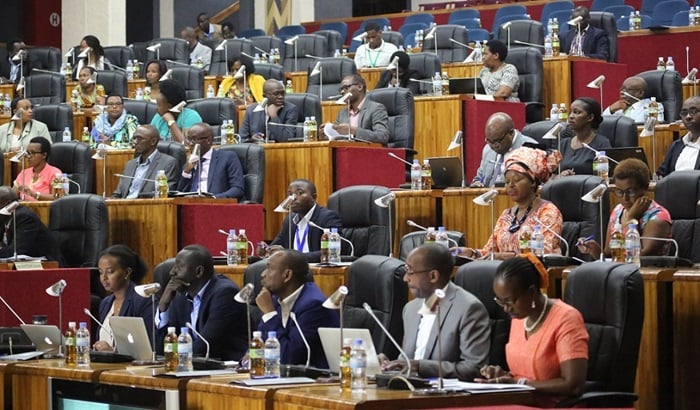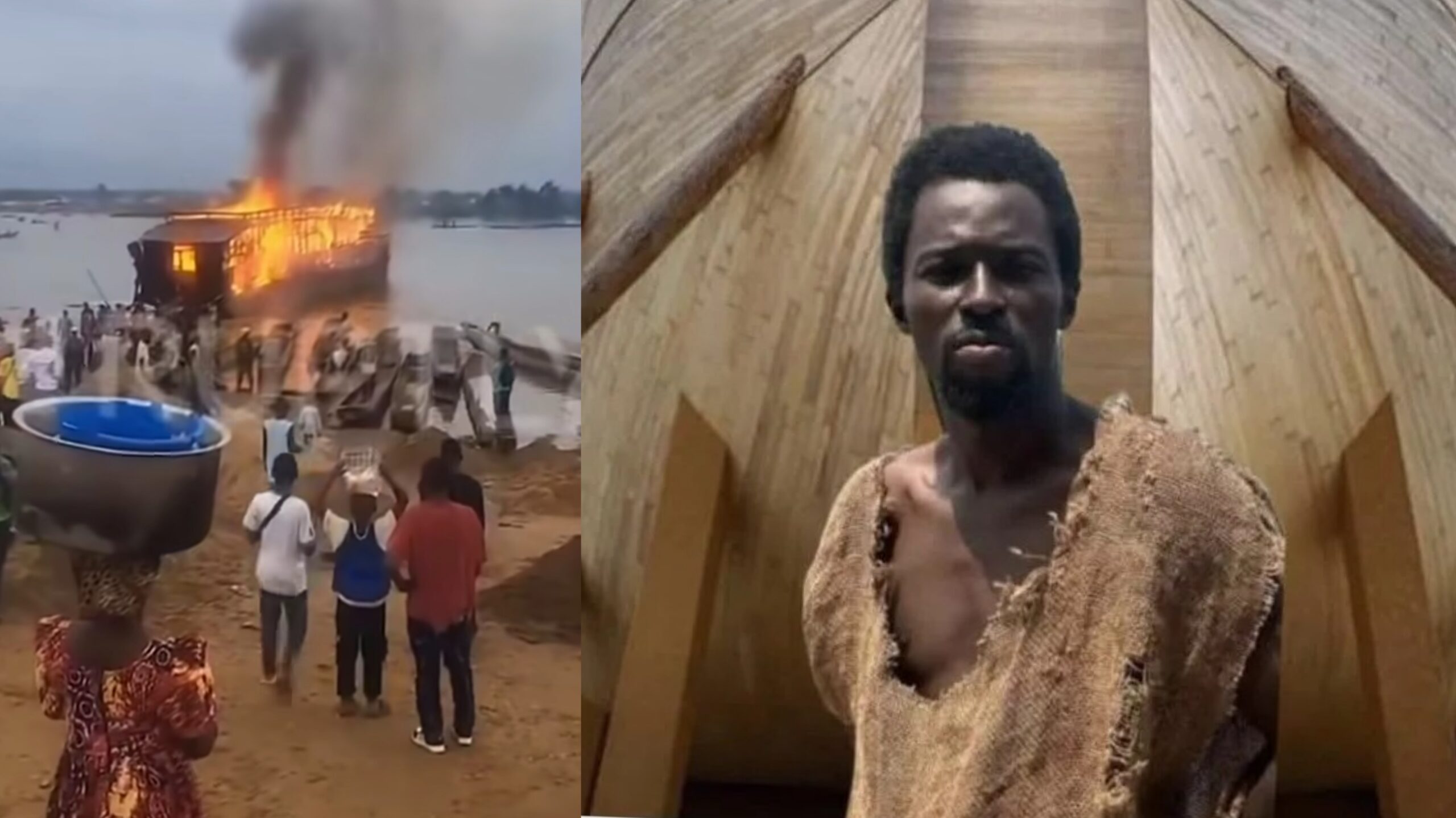If you look around the world, and even here in Rwanda, you will notice that very few young people are actively engaged in politics. It is rare to find youth in leadership positions, and those considered “young” are often already in their 30s, many of them married. For example, Rwanda’s Minister of Youth, Utumatwishima Jean Nepo Abdallah, is among the youngest leaders in the country, yet he is already over 30 and married. This raises the question: why is it so difficult for young people to be part of politics?
In some countries, there is even a common saying that you cannot be a minister without a spouse. When political positions are given out, leaders often look for people who are seen as capable of making decisions, individuals with political experience, academic achievements, and people who already have another career background. For a young person just starting out, these expectations create a barrier before they even get the chance to try.
One of the main challenges is self-doubt. Many young people under 30 believe leadership is not meant for them. They often feel that politics is too heavy a responsibility and that they are not confident enough to stand before people and lead. Linked to this is inexperience in decision-making. Politics requires handling sensitive issues and making difficult decisions, and many authorities trust older candidates who already demonstrate maturity and confidence in judgment. While even older leaders sometimes make mistakes, young people are often perceived as more likely to struggle when faced with such pressures.
Education also plays a major role. In most political systems, leadership is dominated by people with advanced degrees such as Masters or Doctorates. It is rare for someone under 30 to achieve such qualifications, especially in Africa where education often takes longer to complete. Since leadership is expected to come with knowledge and expertise, young people are often sidelined. Alongside this, work experience is another obstacle. Politics tends to favor individuals who already have careers in fields related to government services. It is almost impossible for an unemployed youth to jump directly into politics, while those with professional experience—teachers, doctors, police officers, or business leaders—are more easily trusted.
Lifestyle and social habits also have an influence. Many young people prioritize enjoyment, such as partying and going out, and when they think of politics, which requires discipline and sacrifice, they often choose to avoid it in order to maintain their current way of life. This is further reinforced by society’s perception of incompetence among youth. There is a common belief that leadership begins at home—if you cannot lead your family, how can you lead a nation? As long as a young person is still largely dependent on their parents, society doubts their readiness for national leadership.
Another important factor is the lack of networks and mentorship. Politics is rarely a solo journey; most politicians have mentors or influential people who support them. Many young people lack such connections, making it harder for them to access political spaces. In addition to this, legal frameworks in some countries restrict participation, with laws that set age limits or require a person to be married before holding political office. These restrictions automatically exclude many young people regardless of their abilities.
Fear also discourages youth from getting involved in politics. Many of them associate politics with danger, betrayal, and even threats to life. Stories of politicians facing violence or harassment make young people hesitant to step into that world. Discrimination and disrespect play their part too. When young people compete with older candidates, voters often favor the elder, believing a younger person is too small to lead. Even peers sometimes doubt one another, reinforcing the idea that leadership is reserved for older generations.
All these challenges combined explain why it is rare to see young people in political leadership, whether in parliaments, senates, or other decision-making bodies. However, this situation does not have to remain the same. With the right mentorship, education, and supportive policies, youth can be prepared for leadership roles. Schools, universities, and youth organizations should create programs that introduce political engagement early on, while governments should review restrictive laws that limit youth participation. Society as a whole must also change its perception and recognize that leadership is not only about age, but also about vision, energy, and fresh ideas—qualities that young people have in abundance.
Although it is currently difficult for young people to find a place in politics, change is possible. With opportunities, preparation, and encouragement, youth can contribute meaningfully to nation-building through politics. They are not just the leaders of tomorrow—they can also be leaders today.




Post Comment